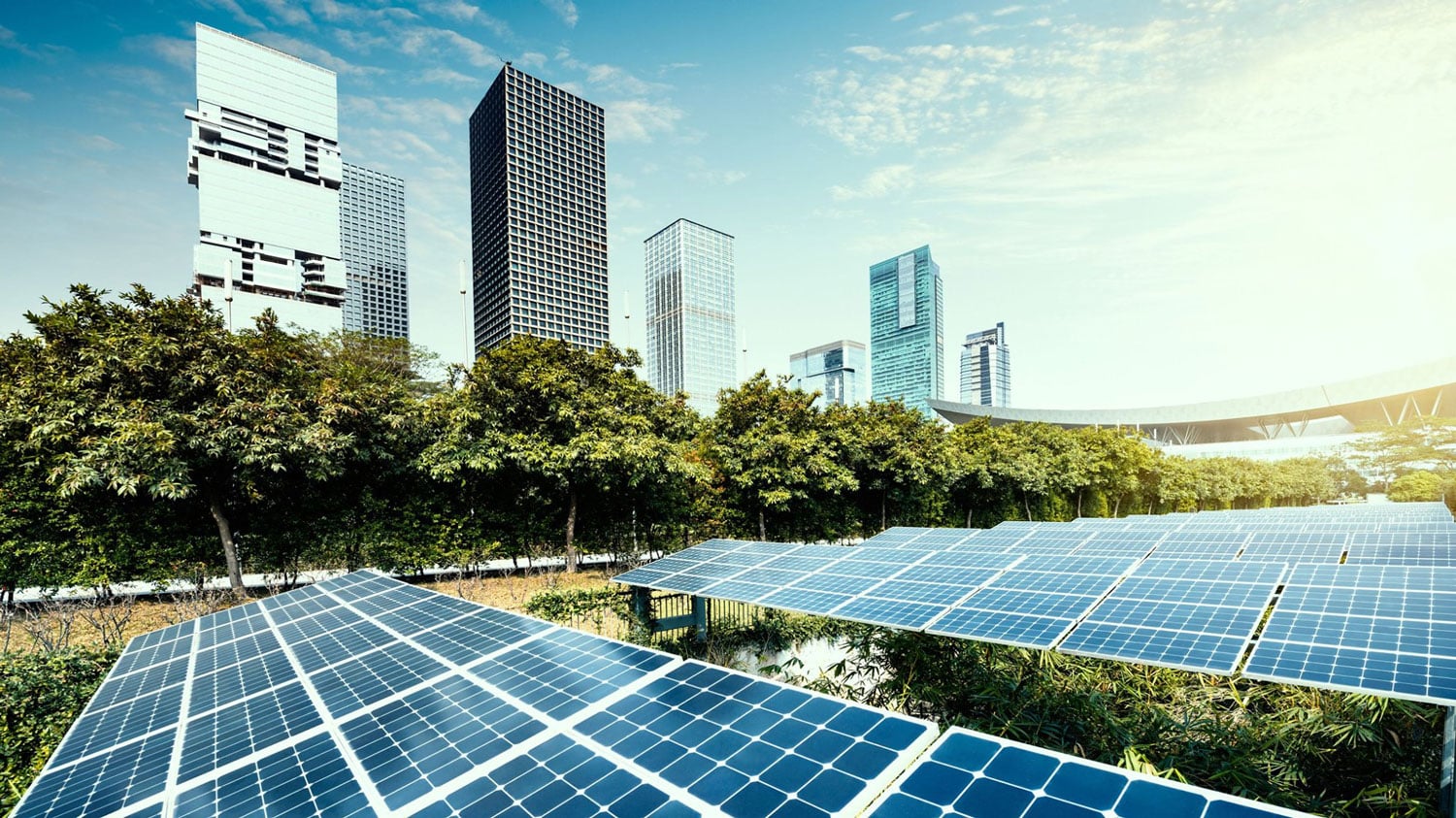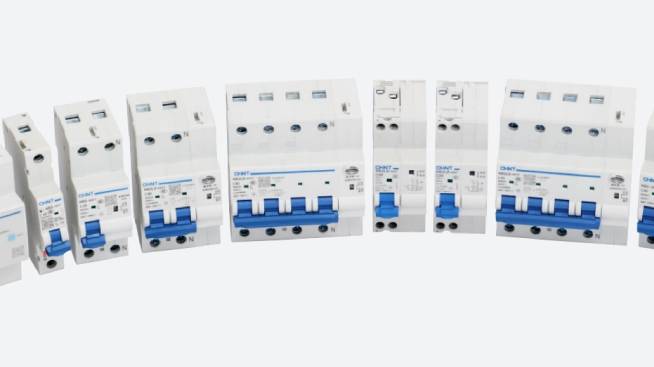Table of Contents |
As fuel prices skyrocket, homes and businesses are looking for new ways to lower their power bills. Most of which resorted to solar energy – the most popular renewable energy source worldwide.
Solar energy use has rapidly grown in the US over the past years. The 2022 Solar Energy Industries Association report claimed that the US installed 20.2 GWdc of solar PV capacity. This reached 142.3 GWdc of total installed capacity which is enough to power 25 million homes. Solar accounted for 50% of new electricity-generating capacity, marking a historical high. Residential solar grew by 40%, while utility-scale solar faced challenges. The Inflation Reduction Act promises significant growth, with a projected 700 GWdc capacity by 2033.
The increasing popularity of solar energy showcases the growing awareness regarding the significance of renewable energy sources. Solar panel systems are not just cost-effective. They also have a substantially lower environmental impact than conventional electricity sources. Solar energy also lets you decrease your carbon footprint and preserve valuable resources.
Basics of Solar Rooftop Systems
Solar panels use photovoltaic cells to absorb the sunlight and convert it into electricity. These PV cells contain conductive materials like silicon, which acts as a semiconductor. When sunlight strikes the cells, a chemical reaction releases electrons, generating an electric current.
The key component of photovoltaic cells is layered doped silicon crystal-based semiconductor materials. The bottom layer, laden with boron, creates a positive charge. The top layer, which has phosphorus, generates a negative charge. An electric field forms at the P-N junction, where the layers meet.
Sunlight exposure causes photons to knock electrons out of both layers, initiating electron flow due to the opposite charges. Electrons travel through an external circuit, controlled by the P-N junction, to produce usable electricity.
However, the generated electricity is in the form of DC current, which is incompatible with home appliances. A solar inverter converts the DC current into AC. After which, the electricity can be safely used for various purposes. Concurrently, a solar meter tracks the solar rooftop power production and identifies potential issues. In essence, this process demonstrates how solar energy is transformed into usable electricity.
There are three types of solar system installations—grid-tied, off-grid, and hybrid. Grid-tied installation is the most common type wherein the panels are connected to the public power grid. The main benefit of doing this type of installation is that you can get net metering which will refund your energy bill with any excess solar-generated electricity.
An off-grid installation is stand-alone that does not connect to the public power grid. This means that you’ll need to store energy from your solar panels in batteries and use it when needed. Hybrid is a combination of a grid-tied with the battery storage capacity of an off-grid system.
Benefits of Rooftop Solar Energy Systems
Homeowners and businesses can enjoy numerous benefits by installing solar panels on rooftops. Products like ChintGlobal AstroSemi and ChintGlobal AstroTwins are examples of rooftop solar solutions that can deliver these advantages.
Financial Savings: Users can save on energy costs by generating their own electricity. Surplus solar electricity can also be sold back to electric companies giving homeowners additional income.
- Increased Property Value: Rooftop solar installations can increase the value of a property. Potential buyers are attracted to homes and commercial buildings that come with solar energy since they come with reduced energy costs and a smaller environmental footprint.
- Renewable Energy Source: Solar power is virtually limitless. As long as the sun shines, you can generate power. Thus, it does not deplete natural resources.
- Reduced Carbon Emissions: By using rooftop solar energy systems, users can significantly reduce their carbon emissions. Solar power does not produce greenhouse gases or other pollutants after installation. This helps combat climate change and contributes to a healthier environment.
- Versatility: Solar energy can be used for heating water, powering homes and buildings as well as charging electric vehicles. It’s also accessible in both rural and urban areas.
- Water Conservation: Unlike other renewable energy sources, solar power does not require water. Thus, it helps in water conservation efforts and is a more sustainable option for electricity generation.
Chint Global's AstroSemi and Astro Twins for Rooftop Solar Solutions
Both Chint’s AstroSemi and AstroTwins rooftop solar solutions are ideal for residential and commercial usage.
The AstroSemi is available in a wide selection of dual panels that range from 320 up to 455W. It has a maximum system voltage of between 1,000 and 1,500 VDC.
The AstroTwins range from 325 to 450W and has a maximum system voltage of 1,500 VDC. All products are constructed with thick glass and frames to ensure optimum durability in any environment.
Both the AstroSemi and AstroTwins are highly efficient systems that are compatible with various other solar rooftop systems. Chint Global offers a large lineup of solar products that will help to optimize your home or business’s energy production. Our installation costs are very affordable and our products are specifically designed to last for the long term.
Related Article: Astrosemi Solar Panel: Pros & Cons and Applications
Cost Considerations for Rooftop Solar Systems
As with any sort of energy generation system, you can expect solar panel systems to come with a high initial investment.
Solar panel system pricing depends on seven (7) factors. First, the type of installation influences costs; roof mounts are the most common, but ground mounts and carports may incur higher labor and component expenses. Secondly, the type of equipment impacts price. Panels with higher power density, different colors, or various inverter types (string, micro, and power optimizers).
Thirdly, the roof type (metal, shingle, or flat) requires different components and labor levels. Fourth, energy consumption must be considered; systems are designed to offset energy use, but increased production necessitates more panels and equipment. Homeowners should find a balance between cost and energy production.
Fifth, shading and weather impact system size and equipment. Full sun exposure allows for fewer panels, while shaded areas require more. Weather patterns should also be considered when designing systems. Sixth, interconnection costs vary based on the amount of solar power in the area, line equipment age and strength, and solar array size.
Finally, the distance to the interconnection point affects costs due to conduit installation, trenching, and wire sizing. The farther the distance, the larger the wiring needed. As these factors can affect the overall installation cost, working with a professional solar installer for a custom quote is recommended.
Currently, the government is offering incentives for those who are investing in clean energy generation systems. You’ll likely find both tax incentives and system rebates at the local, state, and even federal government levels, depending on your location. Your chosen system installer should be able to provide you with an installation quote and inform you about any incentives and rebates in your area.
Conclusion
Solar rooftop systems can be the perfect way to help reduce your energy bills and increase your energy independence as a homeowner or a business owner. When selecting the right system to meet your needs, you want to ensure that you’re using a quality product that is built to last, such as Chint Global solar panel products. Now, making the investment toward a more sustainable and cost-effective future is at your fingertips with rooftop solar energy systems.





.png)








